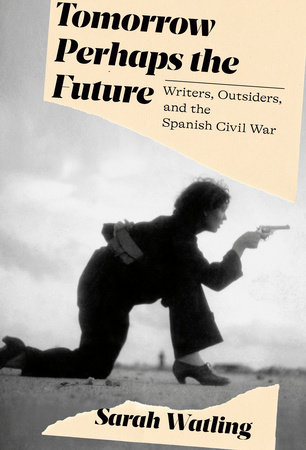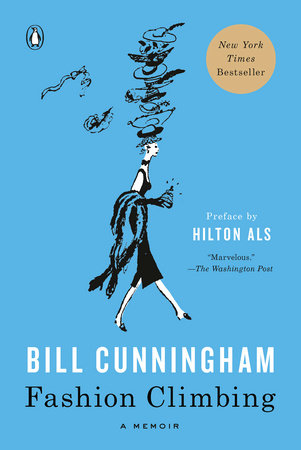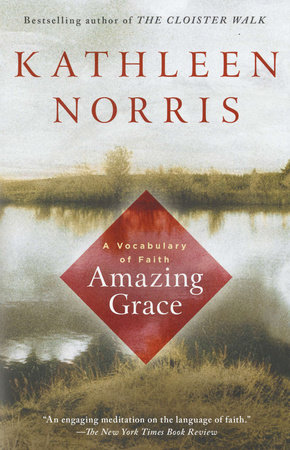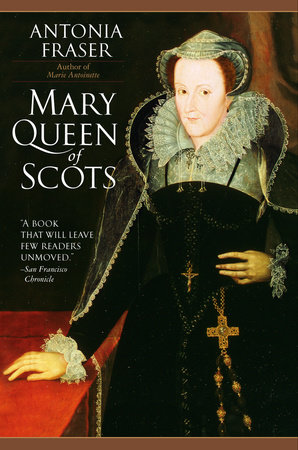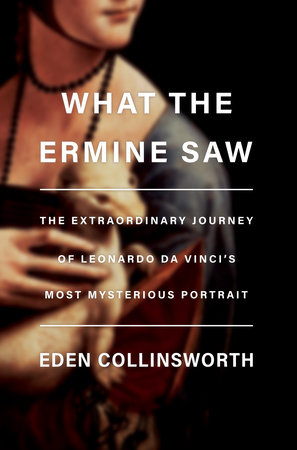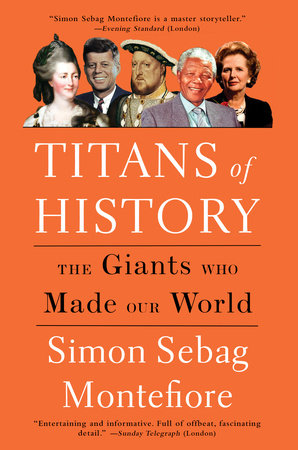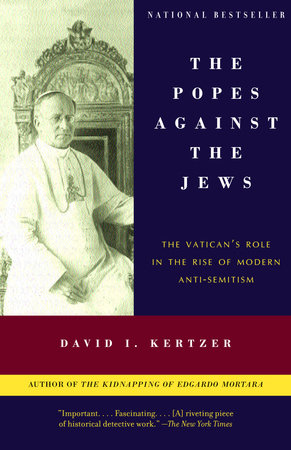“Watling’s book asks what would happen if we recentered the history we already know, which is so focused on what famous men were doing… A valuable intervention precisely because it focuses on the intensely felt—at times idealized—perspectives of outsiders to Spain… Thrillingly informative… Tomorrow Perhaps the Future confronts head-on the role of the arts in solidarity and resistance.”
—Ian Ellison, Los Angeles Review of Books
“A brilliant, impassioned, and much-needed tribute to the women who used their art to fight fascism during the Spanish Civil War. Watling’s research is meticulous, and her prose sings on every page. Tomorrow Perhaps the Future is extraordinary and captivating.”
—Heather Clark, author of Pulitzer Prize–finalist Red Comet: The Short Life and Blazing Art of Sylvia Plath
“Provocative, compelling narratives of women on the front lines of fighting fascism, making history nearly a century ago—yet relegated to its dustbin until now. Tomorrow Perhaps the Future is a powerful, moving cautionary tale for today, how individual acts of bravery may yield more bitter than sweet unless sustained by broad movements for democracy and systemic change.”
—Helen Zia, author of Last Boat Out of Shanghai: The Epic Story of the Chinese Who Fled Mao’s Revolution
“Sarah Watling has brought together a remarkable group of personalities and her writing brings the Spanish Civil War to freshly vivid life. Best of all, she allows us to understand the sense of crisis and confusion felt by these women, who saw the war as the turning point of their age and tried to respond to it in ways that were useful, possible, and necessary to them. By pointing out the correspondence between their turbulent times and our current world crises, she makes us feel their urgency as our own.”
—Judith Mackrell, author of The Correspondents: Six Women Writers on the Front Lines of World War II
“In this vital new feminist history of the Spanish Civil War, Sarah Watling assembles an unforgettable cast of intellectuals and activists, all of them outsiders, for whom Spain represented a fight for democracy itself, one in which no neutral ground could remain. Her nuanced account celebrates the conviction and commitment of remarkable women like Martha Gellhorn, Nancy Cunard, and Virginia Woolf, while remaining attuned to the danger and anguish of taking a side and taking a stand. Shadowed by the resurgence of fascism in our own time, Tomorrow Perhaps the Future is history that hums with the urgency of now.”
—Joanna Scutts, author of Hotbed: Bohemian Greenwich Village and the Secret Club that Sparked Modern Feminism
“A fascinating and compellingly readable book.”
—Paul Preston, author of The Spanish Civil War: Reaction, Revolution, and Revenge
“A marvelous, magisterial book. I loved every shining sentence. Epic in scope but intimate in focus, a glorious array of women all with messy, difficult lives, complicated ideals and lion-hearted courage. Densely detailed, wonderfully styled and yet compulsively readable… Its story of war-cruelty, astonishing suffering, the fight against Fascism, the pleas from ordinary citizens to powerful governments to intervene in intense human-wrought misery going unheeded, the bombardment of civilians, mass killing of women and children all reads as a prescient, urgent, parallel to today… Instructive.”
—Nadia Davids, author of An Imperfect Blessing
“A friend pings me the arresting book-jacket image of an International Brigade miliciana on Sarah Watling’s Tomorrow Perhaps the Future: Writers, Outsiders, and the Spanish Civil War. ‘Have you got a copy? I’m a chapter in – outstanding! Keeping me sane’ – perfectly describing the experience of reading Watling’s engaging study… Watling brings bracingly fresh perspectives and psychological depth to familiar names… with previously understudied figures… Watling breaks new historical ground with her incisive investigation of the sexual harassment and quotidian misogyny experienced by these political women.”
—Counterfire
“Tomorrow Perhaps the Future offers an intimate and nuanced exploration of what animated and sustained a group of prominent foreigners who took sides in the mortal ideological struggle against fascism that was the Spanish Civil War. Sarah Watling tells of the harrowing battles, the destruction, and the death, but also of the thinking of her subjects, their passions and convictions, their bravery and ambivalence.”
—Brooke Kroeger, author of Undaunted: How Women Changed American Journalism
“In this brilliantly conceived study, historian Watling spotlights international writers, artists, and activists who opposed the fascist takeover of Spain in the 1930s, arguing that the conflict drew in individuals who conceived of themselves as outside the mainstream… Digging deep into the archives to resurface overlooked stories, Watling skillfully traces the motivations that led so many different people to make the extraordinary decision to fight fascism. The result is both an essential take on the Spanish Civil War and a stirring reflection on personal responsibilities in times of crisis.
—Publishers Weekly, starred
“British historian Watling… illuminates a varied group of women who devoted their talents and passion—and, in some cases, gave their lives—to telling the world about what was happening during the Spanish Civil War… Watling delves into the motivations that drew these women to Spain and how their experiences there were transformative. This focus, especially on [Gerda] Taro, [Salaria] Kea, and [Nan] Green, whose contributions have been underreported or misappropriated, adds greatly not only to our understanding of women in the Spanish Civil War but also to our sense of women as full participants in history. This book belongs in all library collections next to Adam Hochschild’s Spain in Our Hearts.”
—Booklist, starred
“Drawing on poems, memoirs, stories, and essays, Watling, author of The Olivier Sisters, examines women artists, writers, and activists for whom the Spanish Civil War, which began in July 1936, was ‘a provocation that demanded an answer.’.. Serious, thoughtful… A well-informed group biography of bold activists.”
—Kirkus
UK Praise:
“Watling’s narrative, inserting vivid glimpses of the conflict to situate her shuffling of a deck of characters who themselves embodied complex and evolving ideas, is expertly balanced… Fascinating company… As we ponder our choices and risks in the crises of today, we may see no cause – even that of Ukraine – as synethesized and as romantic as Spain. We may fear ‘tomorrow, perhaps no future.’ This book is useful for thinking about it all.”
—Lorna Scott Fox, Times Literary Supplement
“Watling’s study marks her determination to write women into the history books… Interesting and colourful… [Watling] readily admits to ‘a weakness for people with an instinct for rebellion’; but while her portrayals are sympathetic, they are not uncritical… She has researched her subjects carefully, and this is a serious, scholarly work, which also brings her group of writers, poets and activists vividly to life. As she explains: ‘I wanted to know what it had meant to take a side, and how it had been done, and I wanted to know what writing had to do with it.’ Many–and not just writers–will feel that these are questions well worth asking.”
—The Spectator
“In her fascinating book, Sarah Watling brings alive with great vividness a small cast of disparate characters who travelled to Spain during the Civil War, risking great danger… Naively idealistic, they simply wanted to make the world a better place. It’s the slow crushing of that idealism that makes this book such an affecting and sometimes tough read… Sarah Watling brings all these passionate characters together with great aplomb.”
—Ysenda Maxtone Graham, Daily Mail
“From George Orwell and Ernest Hemingway to Laurie Lee and Arthur Koestler, the names of many of the male writers who took a stand during the Spanish Civil War are familiar ones. Less well known are the women who also saw the conflict as a defining moment for both civilisation and their own lives. In her engrossing and impressive book, Sarah Watling looks at some of those women who went to war, not just to fight fascism or scratch the itch of adventure but also to show what women could do.”
—Michael Prodger, The New Statesmen
“It is the women, not the boys, about whom Sarah Watling writes here: the reporters, photographers and authors for whom the Spanish conflict became… the most important event ‘in the life of the world’, a ghastly, menacing foreshadowing of the war to come… What drew Watling to these women was that they chose not to be dispassionate but to take sides, rejecting what Gellhorn dismissed as ‘all this objectivity shit’ in their support for the Republicans… Group biographies are notoriously hard to write. But Watling knits together with considerable skill the details of her characters’ lives and adventures in Spain… Perceptive.”
—Caroline Moorehead, Literary Review
“Illuminating… Sarah Watling’s new book… yields much fascinating and previously obscured material that she handles with a keen awareness of nuance and irony. Watling has a sensitive understanding of the motives of those who volunteered their services and risked their lives… Resonates with so many terrible conflicts today and reminds us of the supreme importance of bearing witness to the truth.”
—Rupert Christiansen, The Telegraph
“Exhilarating… Sarah Watling follows a handful of brilliant intellectuals as they wrestle with the nature of duty in a morally complicated world.”
—Kathryn Hughes, The Daily Mail
